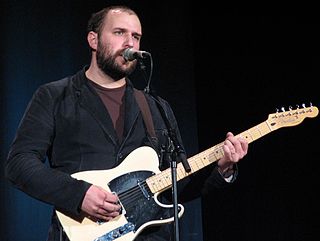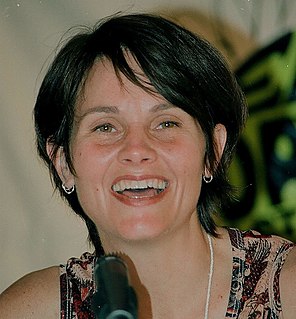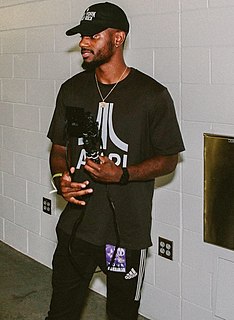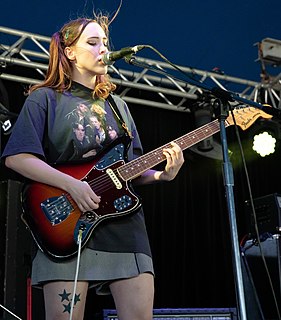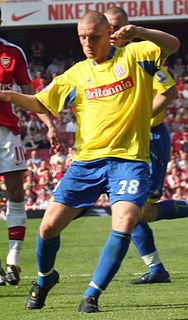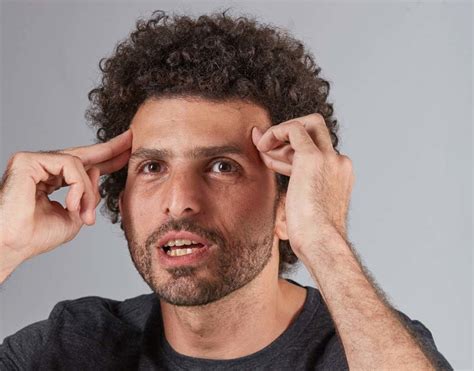A Quote by Barry Gibb
When you write a song you have an idea of how it should be sung but it doesn't work out that way if someone else records it
Related Quotes
When you sit down and write a song, you kind of have the idea for the song, and you sit there at the piano and you kinda just write it. And then of course later there's some dinking around with it and changing some stuff. But there's this thing that happens when the song first comes out, that sort of magic when it first comes out of the ether, and you can't even really explain where it comes from. That happens so much with music, and people understand that with music. But I really think that a lot of movie and TV should be the same way.
On past records I usually did start with a story or an idea for a song and then write around it, but on Achilles' Heel I would just start writing and try to let the song and my sub-conscience determine the direction. which is a goofy way of saying I tried not to decide before hand what the song and or the characters would do and be like.
I say to my students that I can't teach them how to write a good song, but I can teach you how to write a better song. Talking about this idea of it being a process. By going back and not settling for something and find a way to step back from your songs-which is a very hard thing to do-but when you're stuck or you can't move forward, start doing some polishing.
I think it's absolutely possible to write a song and go somewhere where no one's been before, uncharted territory. In terms of content, I see limitations where there should be none. I know there are things I wouldn't write about, but that shouldn't be the case. You should be able to make a song out of anything, out of any situation.
My philosophy on writing a song for myself is that I always, always, always want to write a song. I always want to write a song. I realize that as a record producer or a singer or whatever I might not, if I recorded on myself or someone else, the first time out I might not give it the right treatment, so that the world or many people will accept it and it'll be a public hit, or anything like that.
I think now that I've tried directing, I'm not interested in doing adaptations anymore. I could do an adaptation of someone else's work that I would write, but the idea of taking someone else's material entirely doesn't interest me. One of the things that I found really helpful, at least in my mind - and I've never discussed this with the actors or with the people I work with - is that being a neophyte in directing, I feel like I have a kind of authority simply because I'm the writer as well.





